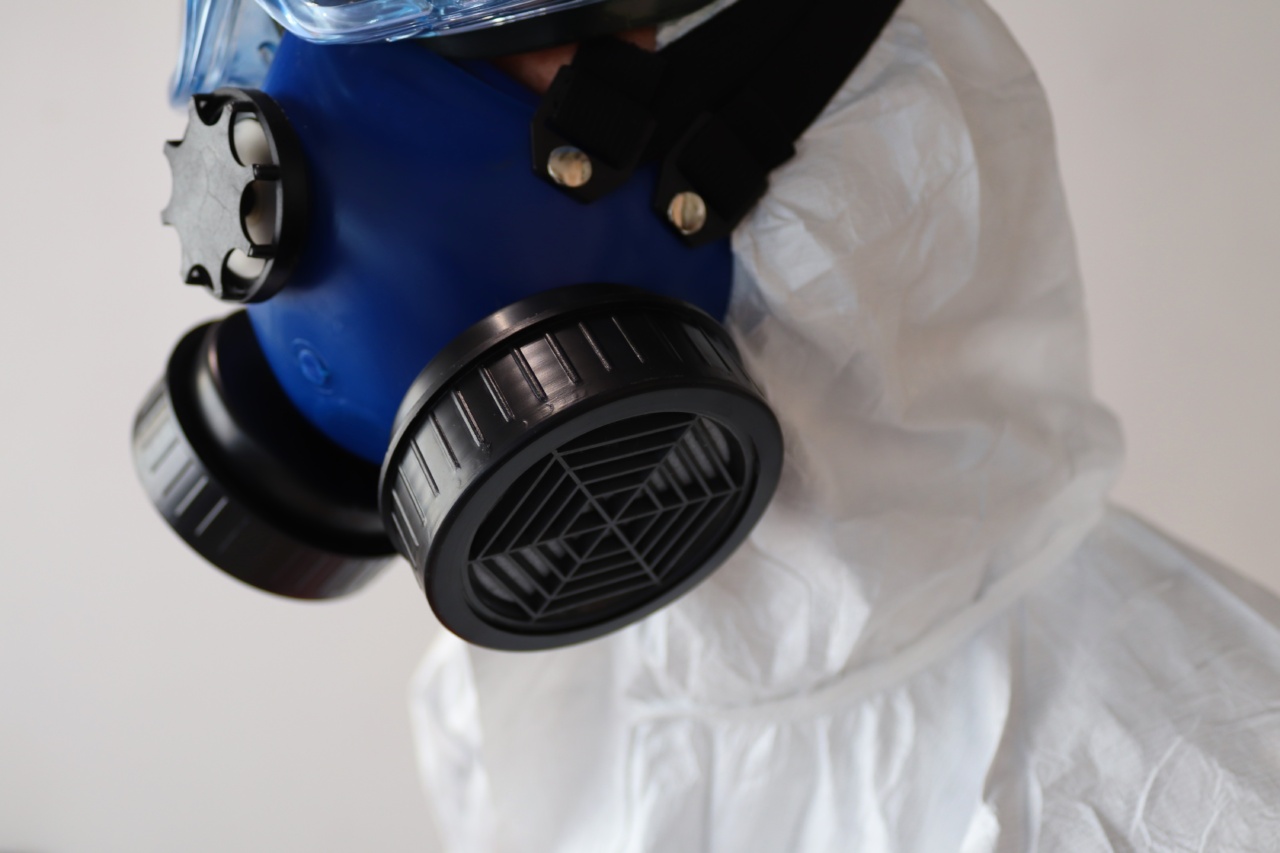Air pollution is a major environmental problem that affects everyone, regardless of where they live. It is estimated that nine out of every ten people in the world breathe in polluted air, and this has far-reaching consequences for our health.
Recent studies have suggested that air pollution may not be just harmful for respiratory and cardiovascular health but also for kidney health. Exposure to air pollution can cause kidney disease, also known as nephropathy.
What is kidney disease?
Kidney disease is a condition where the kidneys lose their ability to maintain balance in the body. The kidneys are responsible for filtering the blood and removing waste products and excess fluid from the body.
They also help regulate blood pressure and produce hormones that control red blood cell production, calcium metabolism, and vitamin D regulation.
Kidney disease can develop over many years and can range from mild to severe. In the early stages, there may be no symptoms. However, as the disease progresses, symptoms such as fatigue, nausea, swelling, and blood in the urine may appear.
What causes kidney disease?
There are many factors that can contribute to the development of kidney disease. These include:.
- Diabetes
- High blood pressure
- Genetic factors
- Exposure to toxins or certain medications
- Infections
- Autoimmune disorders
- Certain types of cancer
Air pollution is a relatively new risk factor for kidney disease that is gaining attention in the medical community.
How does air pollution cause kidney disease?
Air pollution contains many harmful substances, including fine particulate matter (PM2.5), ozone (O3), and nitrogen dioxide (NO2). These substances can enter the body through the lungs and travel in the bloodstream.
Once in the body, they can cause inflammation and damage to various organs, including the kidneys.
Studies have shown that exposure to PM2.5 is associated with an increased risk of kidney disease.
One study conducted in Taiwan found that people who lived in areas with higher levels of PM2.5 were more likely to develop kidney disease than those who lived in areas with lower levels of PM2.5. Another study conducted in the United States found that people who were exposed to higher levels of PM2.5 were more likely to experience rapid decline in kidney function.
Ozone and NO2 have also been linked to kidney disease. A study conducted in South Korea found that exposure to high levels of O3 was associated with an increased risk of kidney disease.
Another study conducted in the Netherlands found that exposure to NO2 was associated with a higher risk of chronic kidney disease.
Who is at risk?
Everyone is at risk of developing kidney disease due to air pollution. However, certain groups may be more vulnerable than others. These include:.
- People who live in urban areas with high levels of air pollution
- People who have pre-existing health conditions, such as diabetes or high blood pressure
- Outdoor workers who spend long periods of time outside
- Children, who are more susceptible to the harmful effects of air pollution
What can be done?
The best way to reduce the risk of kidney disease due to air pollution is to reduce exposure to harmful substances. This can be done by:.
- Avoiding heavily trafficked areas, especially during rush hour
- Wearing masks when outside
- Using air purifiers inside the home
- Supporting policies that reduce air pollution, such as regulations on vehicle emissions and industrial pollution
Individuals can also help reduce air pollution by:.
- Using public transportation, cycling, or walking instead of driving
- Choosing energy-efficient appliances and light bulbs to reduce energy consumption
- Recycling and properly disposing of waste to reduce landfill emissions
- Planting trees and supporting green spaces to absorb pollutants
Conclusion
Air pollution is a serious problem that affects our health in many ways, including kidney disease.
As more studies are conducted on the link between air pollution and kidney disease, it is becoming increasingly clear that reducing exposure to harmful substances is essential for protecting our health. By making small changes in our daily lives and supporting policies that reduce air pollution, we can help ensure a healthier future for ourselves and the planet.





























